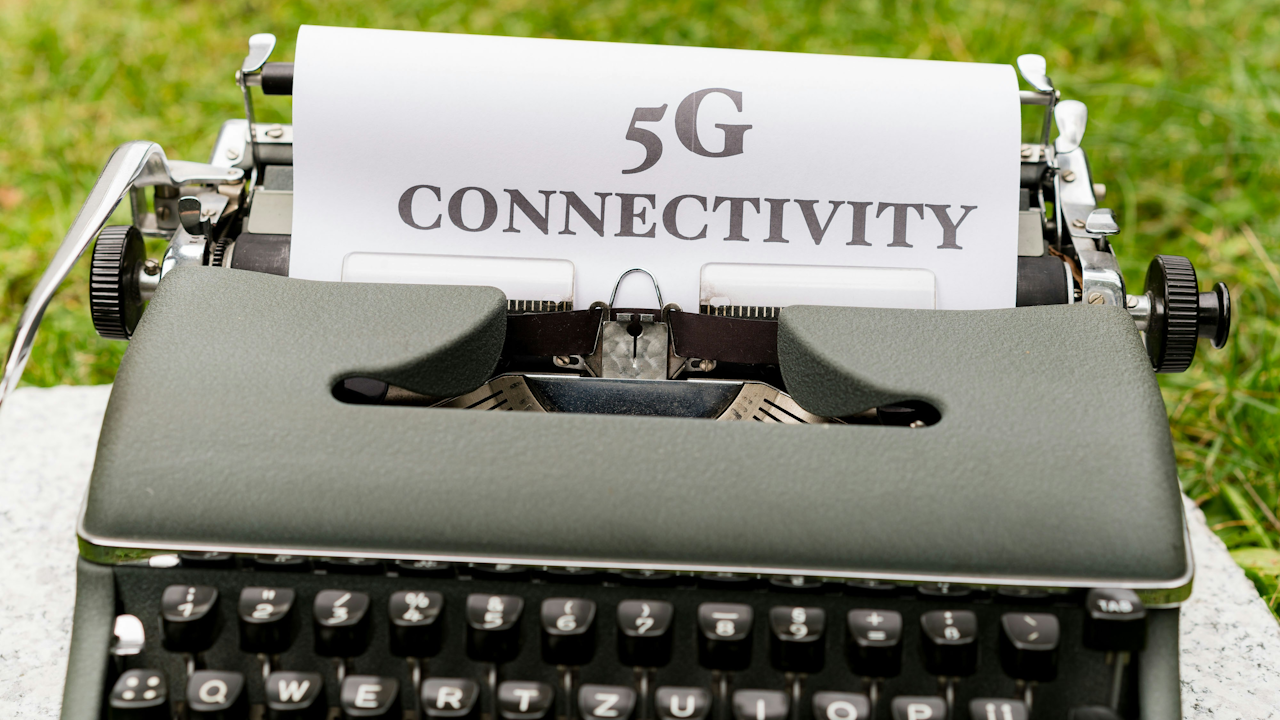5G, the fifth generation of wireless technology, represents a significant leap forward in mobile connectivity. With its promise of lightning-fast speeds, ultra-low latency, and increased capacity, 5G is poised to revolutionize various aspects of our lives, from how we communicate and consume entertainment to how we work and interact with our surroundings.
Unleashing Unprecedented Speed and Capacity
One of the most significant advantages of 5G is its unparalleled speed. 5G networks can deliver data speeds up to 100 times faster than their 4G predecessors, enabling users to download high-definition movies in seconds, stream immersive virtual reality experiences without lag, and enjoy seamless video conferencing with crystal-clear quality. This increased speed also translates to greater network capacity, allowing more devices to connect simultaneously without compromising performance.
Enhancing Mobile Experiences
5G’s enhanced speed and capacity will significantly improve various mobile experiences. For instance, mobile gaming will reach new heights with ultra-responsive gameplay and stunning graphics. Augmented reality (AR) applications will become more immersive and interactive, overlaying digital information onto the real world with greater precision and detail. Video streaming will be smoother and more reliable, even in crowded areas.
Transforming Industries and Everyday Life
Beyond enhancing individual mobile experiences, 5G is set to transform industries and reshape our daily lives in profound ways.
- Smart Cities: 5G will be a cornerstone of smart city development, enabling seamless communication between various urban systems. This will lead to more efficient traffic management, optimized energy consumption, improved public safety, and enhanced delivery of public services.
- Connected Vehicles: 5G’s low latency is crucial for the development of autonomous vehicles. By enabling near real-time communication between vehicles and infrastructure, 5G will pave the way for safer and more efficient transportation systems.
- Remote Healthcare: 5G will revolutionize healthcare delivery, particularly in remote areas. High-speed connectivity will enable remote consultations, remote patient monitoring, and even remote surgeries, bringing quality healthcare to underserved populations.
- Industrial Automation: 5G will play a pivotal role in the fourth industrial revolution, enabling seamless communication between machines and systems in factories. This will lead to increased automation, improved efficiency, and greater flexibility in manufacturing processes.
Addressing Concerns and Challenges
While the potential of 5G is immense, there are also concerns and challenges that need to be addressed.
- Security: As with any new technology, security is a paramount concern. Ensuring the security of 5G networks and devices is crucial to prevent cyberattacks and protect user data.
- Privacy: The increased data collection and connectivity associated with 5G raise privacy concerns. Robust privacy safeguards and regulations are necessary to protect individuals’ personal information.
- Digital Divide: Ensuring equitable access to 5G technology is essential to prevent a widening digital divide. Efforts must be made to deploy 5G infrastructure in underserved areas and make it affordable for all.
5G is more than just an incremental upgrade over previous generations of wireless technology. It is a transformative force that will reshape our daily lives in profound ways. By delivering unprecedented speed, capacity, and low latency, 5G will enhance mobile experiences, transform industries, and enable new possibilities across various sectors. While challenges remain, the potential of 5G to improve our lives and create a more connected world is undeniable. As 5G networks continue to roll out and mature, we can expect to see even more innovative applications and use cases emerge, further solidifying 5G’s role as a key enabler of the future.

